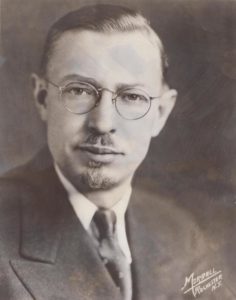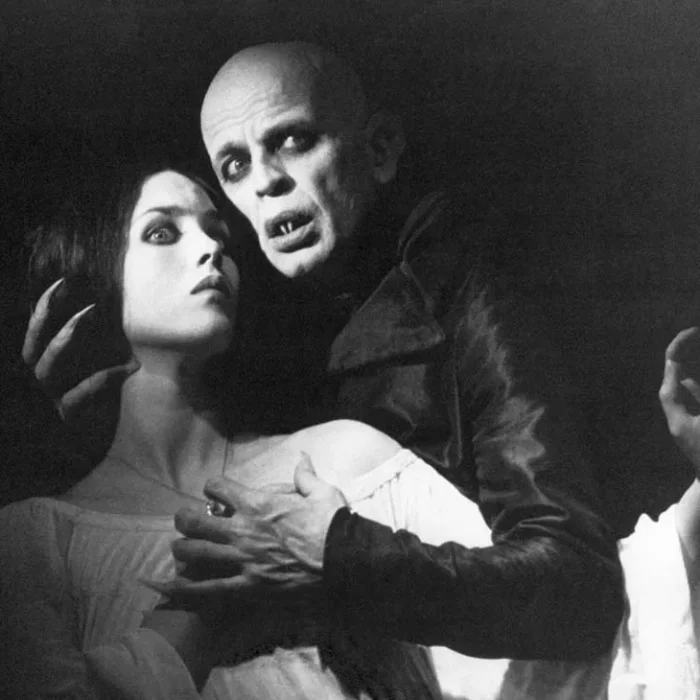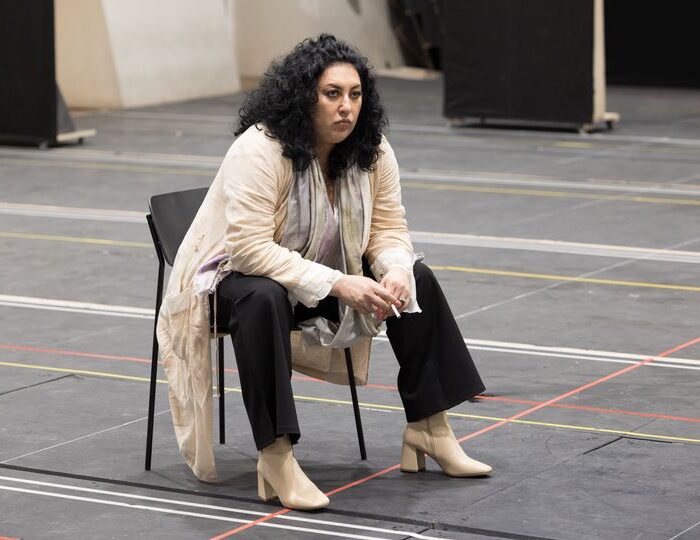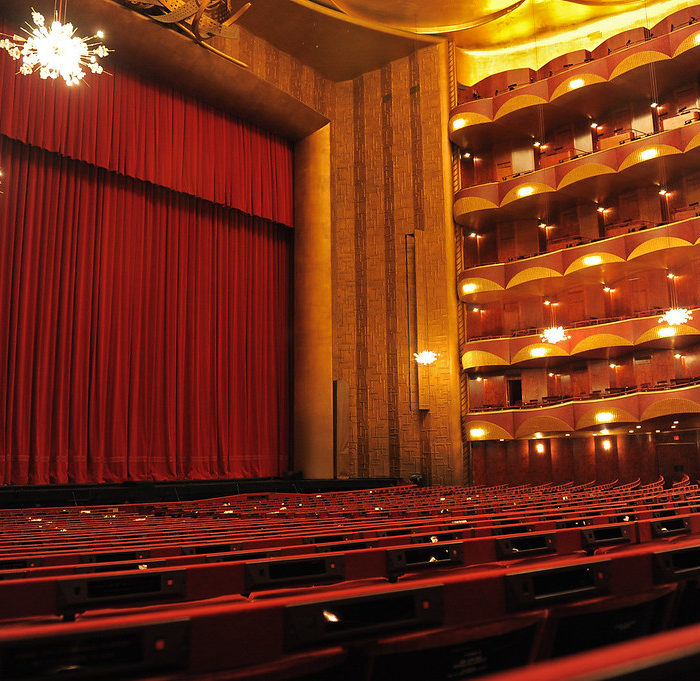
On This Day: American Composer Howard Hanson
By John VandevertOn October 28th in 1896, the American composer and musical polyglot Howard Hanson was born.
Originating from Wahoo, Nebraska, and born to an exceedingly musical family, it seems his life was predestined for musical excellence. As a champion of American classical music, he worked tirelessly to foster interest in classical music. After having had prestigious musical training first at Institute of Musical Art (to be the Juilliard School) in 1911 and then Northwestern University, in 1921 he would go on to be the first Prix de Rome winner with his works “The California Forest Play” and “Before the Dawn.” Upon returning home, however, his eminence would reach new heights as a cultural figure-head.
In 1924, Hanson was chosen as the director of Eastman School of Music, a role that he would occupy for 40 years. Much like what Leonard Bernstein achieved with his public music advocacy, beginning in the mid-late 1930s Hanson had gained a reputation for his innovative ways of educating the public about music. In 1931, he began a week-long, annual series of free concerts for the public called, “Festival of American Music” held at the Eastman Theater. Here, an eclectic array of American composers and genres were performed for interesting audiences, helping the public realize the vast size and quality of American classical music.
In 1938, he hosted the weekly radio program, “Milestones in the History of Music,” an attempt to showcase the size and scope of Western classical music itself for those unfamiliar with some of the most historical works from the Western world and specifically America as well. He’s also responsible for founding the “Eastman-Rochester Orchestra,” serving as a composer-in-residence with UNESCO from 1946-62, and in the 50s and 60s would continue in his attempt to bring classical music to as many people as possible in various positions and capacities. Most notable was his world tour with the Eastman Philharmonic orchestra as part of the 19161-62 season of the United States Department of State’s international cultural exchange program. In 1960, he published the book, “Harmonic Materials of Modern Music (1960),” helpful in setting the groundwork for “set theory” (pitch classes and their variations).
Operatic Works
In terms of opera, Hanson only wrote one opera yet its historical significance is immense, being considered the first fully American opera due to its librettist, story, and composer all being American. Titled, “Merry Mount,” the three-act opera based upon Nathaniel Hawthorne’s short story “The May-Pole of Merry Mount,” a story about the 17th-century British colony now named Quincy, Massachusetts, it was commissioned by The Metropolitan Opera Theatre (MET) and premiered on March 20th, 1933 during the University Musical Society’s May Festival.
It was later premiered by the MET on February 10, 1934. Although it was received incredibly well, it was only performed eight more times before falling out of the operatic canon, and has never been revived as part of the MET’s repertoire. Singers included esteemed tenor Lawrence Tibbett (Wrestling Bradford), Wagnerian soprano Göta Ljungberg (Lady Marigold Sandys), and Canadian tenor Edward Johnson (Sir Gower Lackland).
However please the public were, the critics were unamused by the less-than-satisfactory orchestration and clunky vocal writing, while Johnson himself is recorded as disregarding the work and his role. In May 2007, the work was officially recorded by NAXOS, and in April of 2014 the opera received its first (and only) revival at Eastman, with a concert performance being given at Carnegie Hall in New York in May.
Howard Hanson died on February 26th, 1981 in Rochester, New York and was survived by his wife Margaret E. Nelson.


